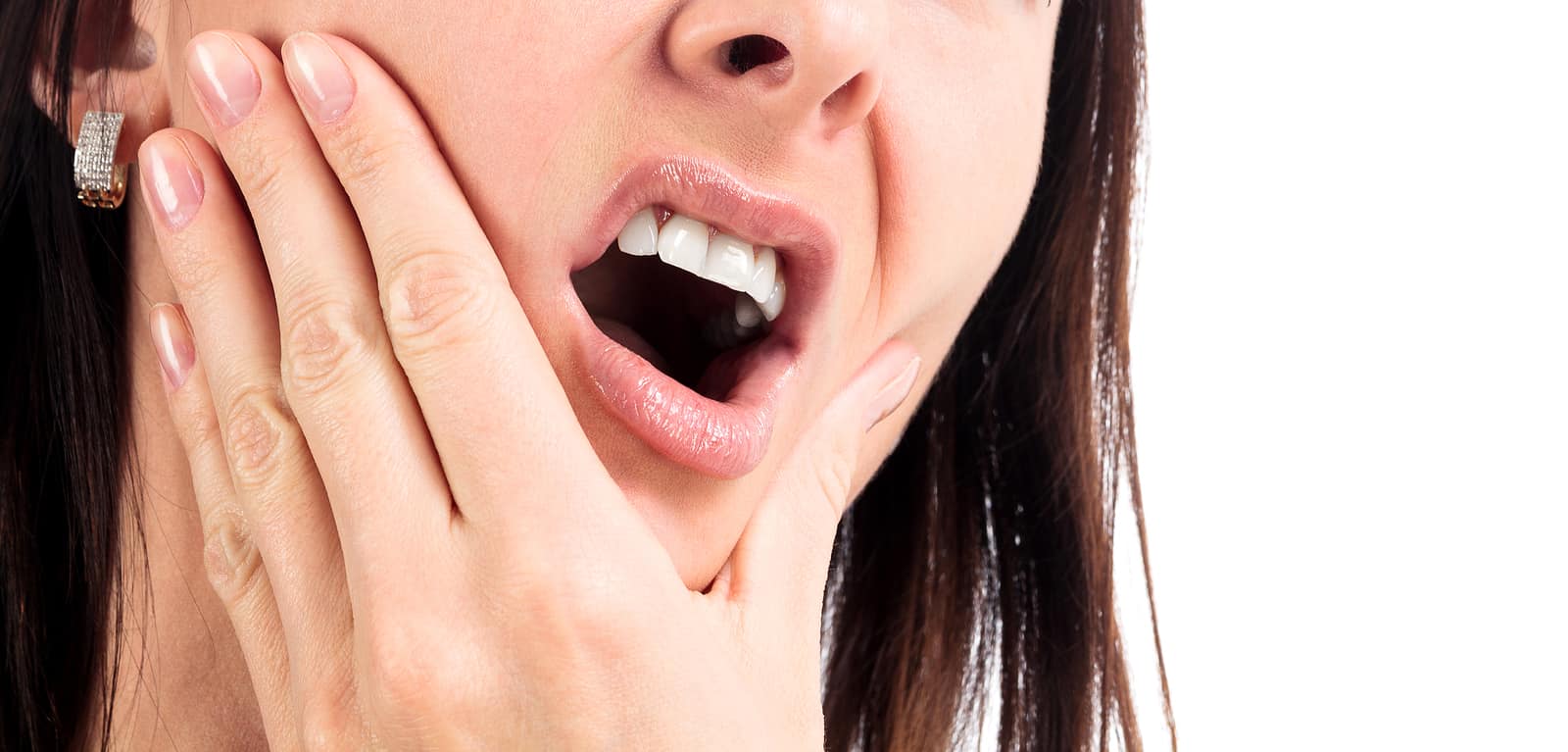
5 Simple Steps To Follow When Your Crown Falls Out
Even though more patients now receive dental care, there are still some who suffer tooth decay or damage. When this happens, the natural tooth can no longer grow itself back. One way to restore the tooth is to opt for a crown.
Tooth crowns are a type of dental restorative option that aims to cover and protect a tooth with severe damage. It’s a tooth cap and its material has several types of choices.
Types of dental crown
The most common type of tooth caps is made of porcelain. Porcelain crowns can imitate the natural look of the tooth so it’s best for aesthetic purposes. Besides, it’s also durable so it doesn’t break easily and non-porous which makes it resistant to foods that have a stain.
Some patients choose the gold crown for its durability. Especially when it is for restoring a molar, the gold material can withstand any chewing or grinding forces. Although it doesn’t look as good as porcelain, it is the most expensive among crown materials.
Silver or metal is also another option. Patients would choose metal for its durability and the fact that it’s less expensive than gold or porcelain crowns. However, the colour of the metal alloy is somewhat not as pleasant as the other materials. It is best for restoring a back molar to serve with its strength while making it less conspicuous.
Why it falls out
There are several reasons why your tooth crown might fall out. However, there’s no need to worry as it’s common and has an easy remedy. To understand better, you could try to check if the following factors are happening to the affected tooth:
- The original tooth underneath has caught decay and is slowly thinning down causing the crown to become loose. Sometimes, maintaining the tooth with a crown is challenging. That’s why you should regularly see your dentist if you have dental appliances.
- Other patients have ill-fitted crowns. This means that even at the start the crown wasn’t positioned securely on the tooth.
- To keep the crowns steady, dental cement is used. If there is not enough cement applied, the crown easily comes loose.
- You should also consider the food that you eat. If you normally eat food that is hard and sticky, this could dislodge the crown on your tooth.
- Patients who suffer bruxism, or unconscious teeth grinding, won’t have their tooth crowns last long. It’s best to consult your dentist on how to manage such a condition.
5 steps to save your tooth and crown
Call your dentist
Whether you know or don’t know what to do, call your dentist if your crown falls out. Provide them with the details of the accident so they can give you clear instructions on what to do next. Do not hesitate to contact your dentist as this might cost you a new treatment and crown. Make sure you calm down and listen to what your dentist tells you to do and do it with the presence of the mind.
Pick up your crown and clean it
This will probably be what your dentist tells you first thing. As if on cue, look for the tooth crown immediately as it falls out. Check if the tooth cap is in one piece or if it’s broken. If it’s chipped, collect the pieces. As long as the crown is at it is, rinse it with running water as your dentist may still be able to position it back on your tooth.
Store it
To make sure that the crown is secure and clean, consider storing it in a clean plastic bag. Place it somewhere no one can easily get access to but, you’ll easily remember. This will be helpful especially if you can’t see your dentist right away after the dental accident for some reason.
Find a cover for your tooth
Supposedly, once your tooth cap falls out, you are to rush and get emergency dental care. However, it is understandable that circumstances might hinder you to arrive there instantly. During those times, you will notice that your tooth will start to inflame and feel a bit painful. The exposure triggers the nerves in the tooth and creates sensitivity.
If this is the case, you may purchase a dental cement or dental wax from a drugstore and apply it temporarily on the affected tooth. This lessens the sensitivity and protects your tooth from bacterial development. You may also put clove oil on the tooth to alleviate any discomfort.
See your dentist
Finally, show up at your dental appointment and bring the dislodged crown with you. Your dentist should be able to assess if there’s a chance to salvage it rather than fabricating you a new one. If you’re lucky to have it in one piece, your dentist will simply reattach it using dental cement. This should be a permanent solution to crowns falling out.
Nevertheless, the best practice is to always follow a great oral hygiene routine, avoid habits and food that may displace it, and regularly meet your Thornhill dentist.
A New Dental Experience Awaits You.
Book An Appointment Now!
Call (647) 560-0996
to Book an Appointment
or Fill Out the Form Below



